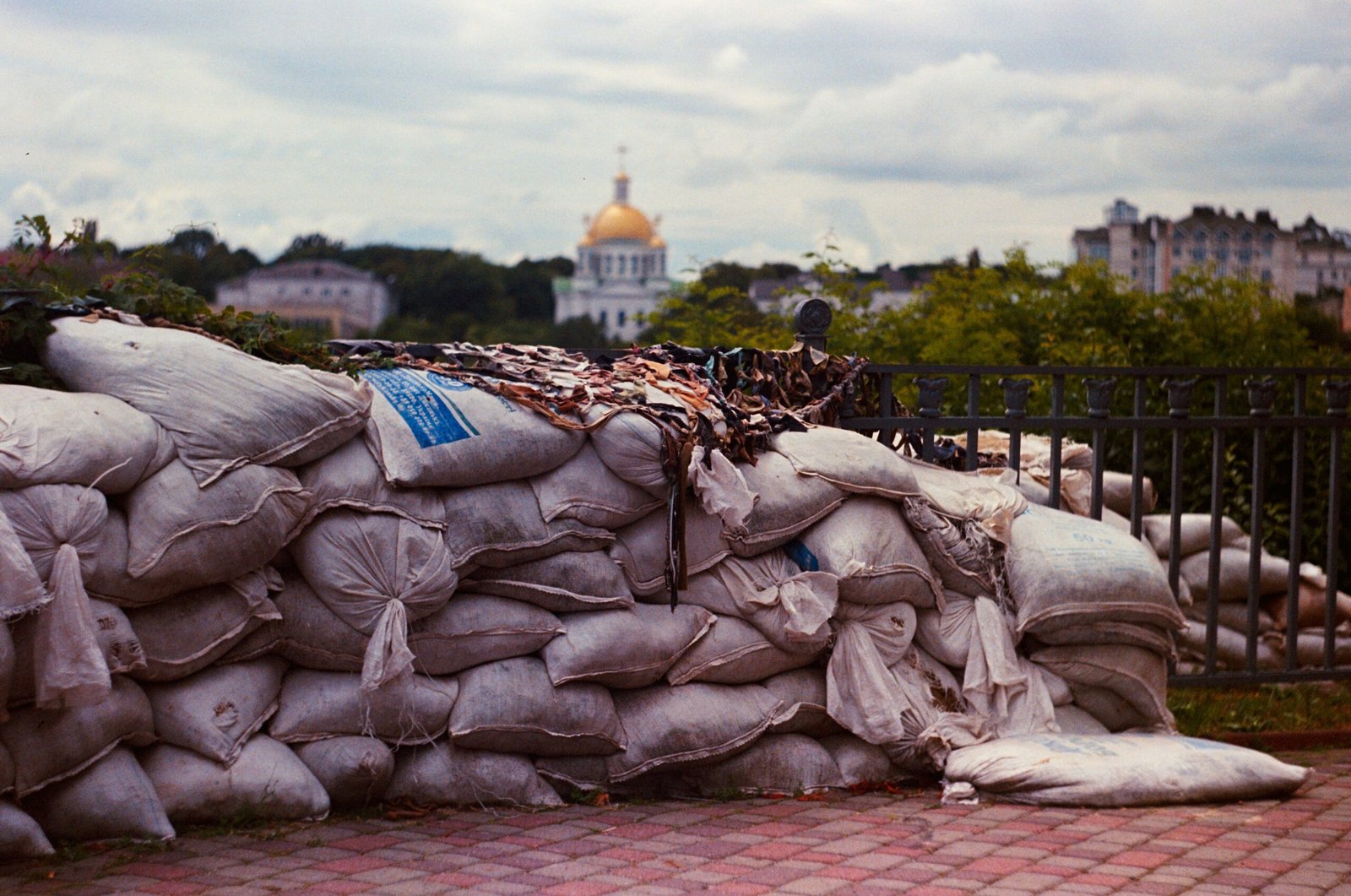Introduction
Exploring the complexities of the war in Ukraine is crucial for understanding its impact on the region and the world at large. This blog post aims to provide a comprehensive overview of the conflict, incorporating recent trends and insights to shed light on the current situation.
As tensions persist, it is essential to approach this topic with a focus on accuracy, objectivity, and empathy. By delving into the historical context, geopolitical factors, and the experiences of those affected, we can gain a deeper understanding of the war in Ukraine.
The Historical Context
The roots of the conflict in Ukraine can be traced back to its historical ties with Russia and the Soviet Union. The dissolution of the USSR in 1991 led to Ukraine’s independence, but it also left the country grappling with political, economic, and cultural challenges.
Over the years, Ukraine found itself caught between its aspirations for closer ties with Europe and the influence of Russia. This divide deepened in 2014 when Ukraine’s then-president, Viktor Yanukovych, rejected a trade agreement with the European Union, leading to widespread protests.
Geopolitical Factors
The war in Ukraine is not merely an internal conflict but also a manifestation of geopolitical rivalries. Russia’s annexation of Crimea in 2014 and its support for separatist movements in eastern Ukraine have further complicated the situation.
The conflict has become a battleground for competing interests, with Russia seeking to maintain its influence over Ukraine and prevent its integration into Western institutions such as NATO and the EU. Meanwhile, Ukraine aspires to strengthen its ties with the West and assert its sovereignty.
Recent Trends and Insights
Recent developments in the war in Ukraine have highlighted the ongoing challenges and potential paths towards resolution. Here are some key trends to consider:
- Ceasefire Agreements: Despite numerous ceasefire agreements, violations persist, leading to a cycle of violence and suffering for civilians in affected areas.
- Humanitarian Crisis: The conflict has resulted in a significant humanitarian crisis, with thousands of people displaced and in need of assistance. Adequate support and aid are crucial to alleviate the suffering of affected communities.
- International Involvement: The war in Ukraine has garnered international attention and involvement. Diplomatic efforts, sanctions, and peace negotiations have been key components of international responses to the conflict.
- Impact on Eastern Ukraine: The regions of Donetsk and Luhansk have been particularly affected by the war. Infrastructure damage, economic decline, and social upheaval have created immense challenges for the local population.
- Long-Term Solutions: Achieving a lasting resolution requires addressing the root causes of the conflict, promoting dialogue between all parties involved, and ensuring the protection of human rights and the rule of law.
FAQs
Q: What sparked the war in Ukraine?
A: The conflict in Ukraine was triggered by a combination of political, economic, and cultural factors. The rejection of a trade agreement with the EU by then-president Viktor Yanukovych in 2014 led to widespread protests and subsequent unrest.
Q: How has the war affected the people of Ukraine?
A: The war has had a devastating impact on the people of Ukraine. Thousands have been killed, and many more have been displaced from their homes. Infrastructure damage, economic decline, and social upheaval have further exacerbated the challenges faced by the population.
Q: What is the international community doing to resolve the conflict?
A: The international community has been actively involved in seeking a resolution to the conflict. Diplomatic efforts, economic sanctions, and peace negotiations have been key components of international responses. However, finding a lasting solution remains a complex and ongoing process.
Tips
- Stay Informed: Keep up with the latest news and developments surrounding the war in Ukraine to gain a deeper understanding of the situation.
- Show Empathy: Remember that behind the headlines and statistics are real people affected by the conflict. Approach discussions and conversations with empathy and an open mind.
- Support Humanitarian Efforts: Consider supporting organizations and initiatives that provide aid and assistance to those affected by the war in Ukraine.
- Engage in Dialogue: Foster conversations and discussions about the conflict to promote awareness and understanding among your peers and communities.
Conclusion
Understanding the war in Ukraine requires a multifaceted approach that takes into account historical context, geopolitical factors, and recent trends. By delving into these aspects, we can develop a more comprehensive understanding of the conflict and its impact on the region.
It is crucial to approach this topic with empathy and an open mind, recognizing the human cost of the war and the importance of finding a peaceful resolution. By staying informed, supporting humanitarian efforts, and engaging in dialogue, we can contribute to a better future for Ukraine.
Call to Action: Let us join hands in spreading awareness about the war in Ukraine. Share this blog post with others on social media to encourage a wider understanding of the conflict and its implications.









